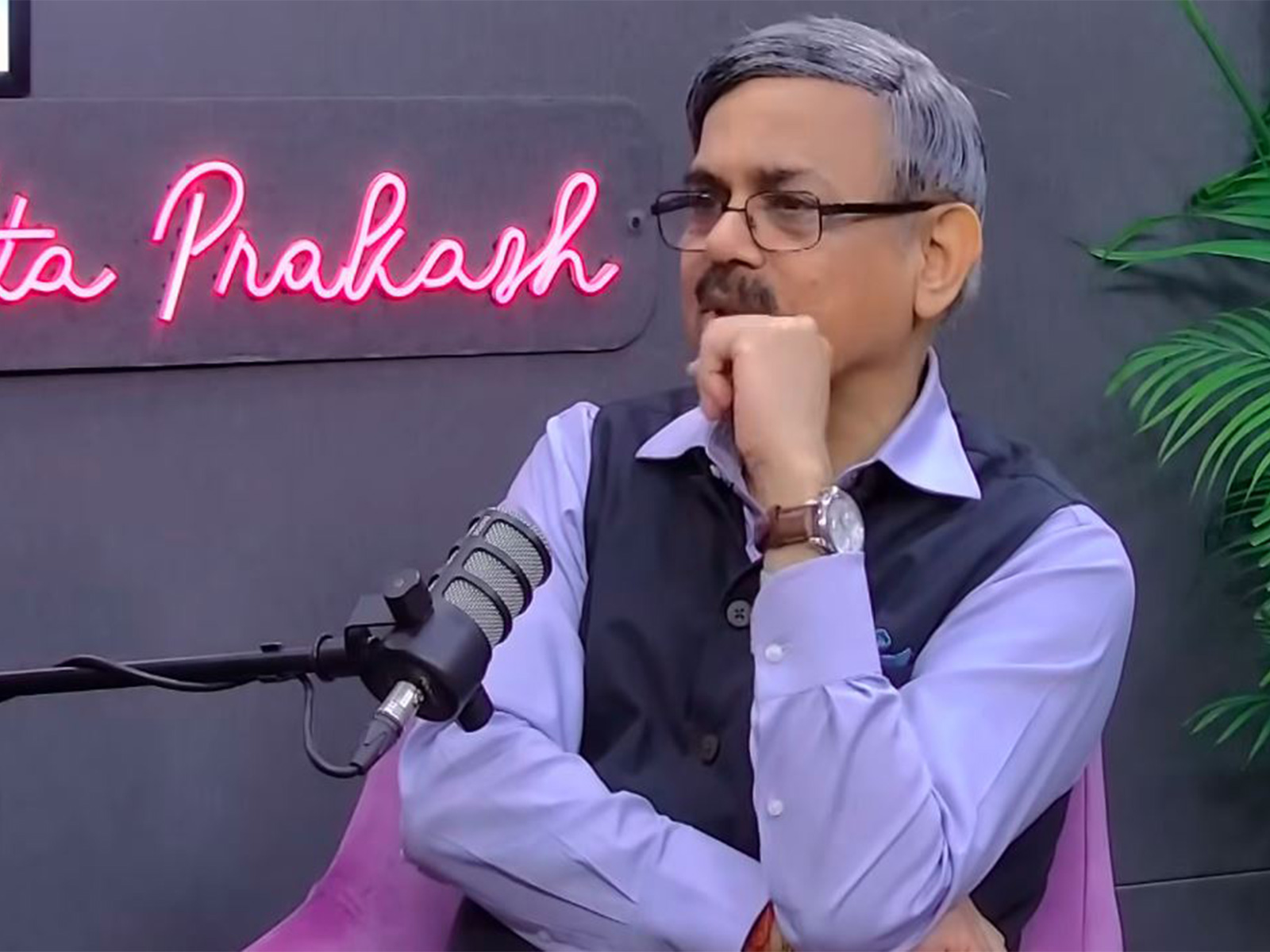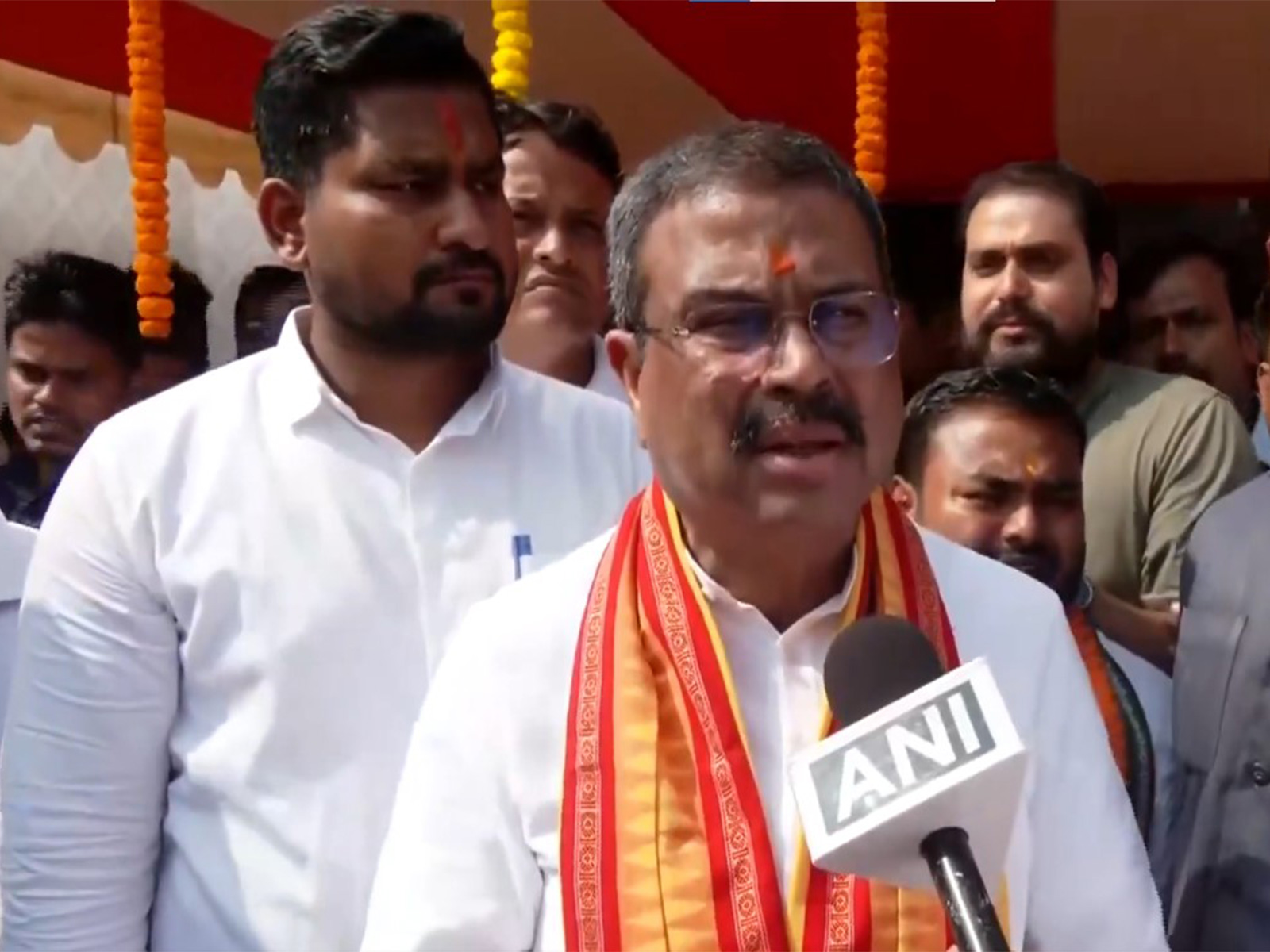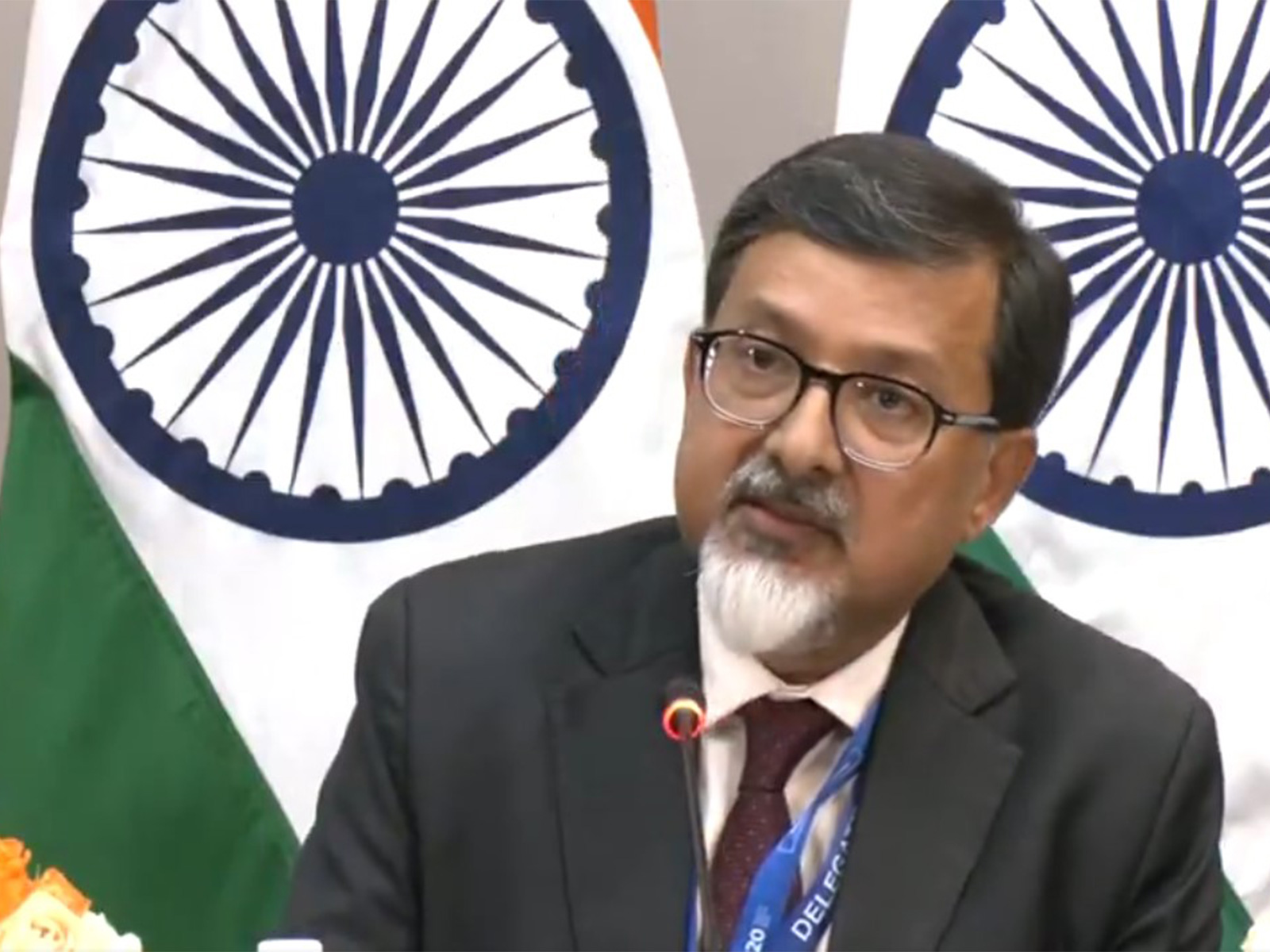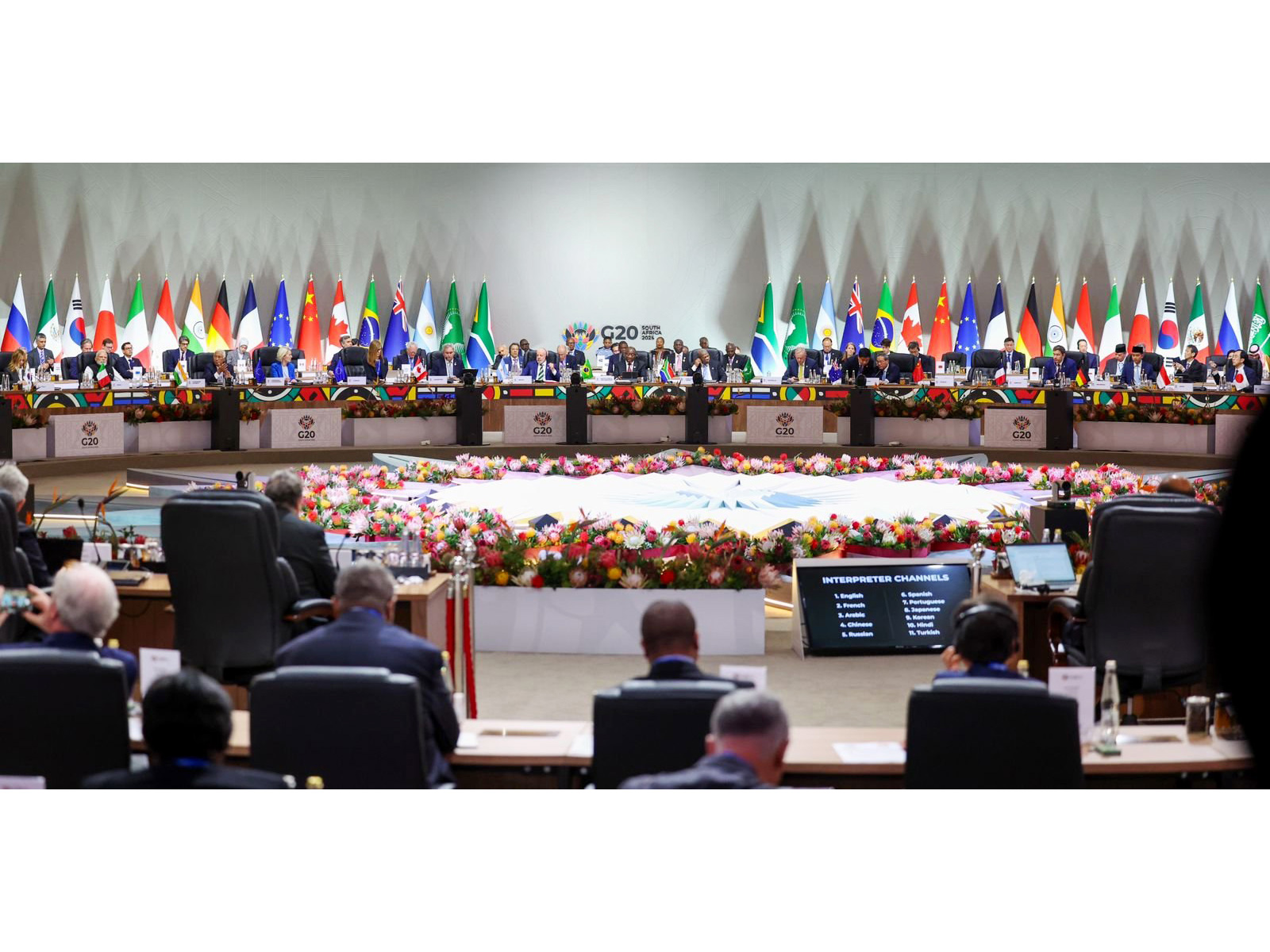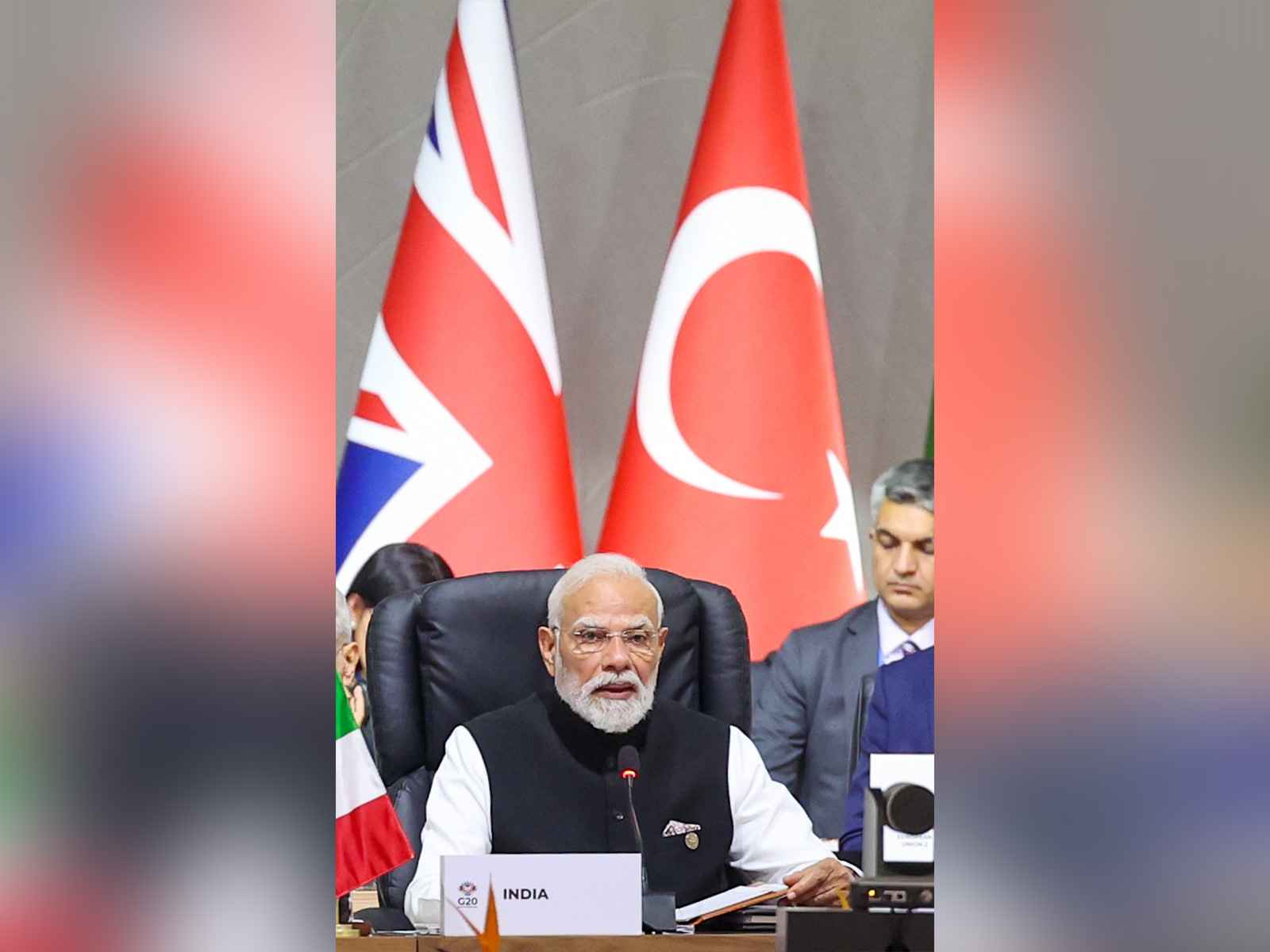New Delhi [India], November 23 (ANI): Dr (Col) Joy Dev Mukherji, one of India’s leading neurologists, has issued a stark warning against the growing social acceptance of recreational and “party” drugs, stressing that even cannabis can trigger strokes, seizures and cardiac complications and that the practise is driving a worrying rise in young patients arriving with severe neurological emergencies.
Speaking in an ANI podcast, Dr Mukherji, who has over 28 years of clinical experience and served in the Armed Forces Medical Services before joining Max Healthcare in 2006, said there is “absolutely no justification” for drug use. He described its growing social acceptance as “deeply alarming.”
“No way can we justify using drugs. Unfortunately, it has become so rampant that it is getting social acceptance, which is incorrect and absolutely harmful to the core. Any kind of drug will cause all kinds of problems. It can cause strokes. Even cannabis can cause strokes. It can cause headaches, and it can cause lung problems. It can cause cardiac problems. This is well-known,” he said.
Dr Mukherji alleged that such substances are being portrayed as harmless by vested interests, while categorically rejecting the notion of ‘safe party drugs’.
“People take it because it is being propagated by the powers that be, who are behind pushing these drugs, that it is good and it is harmless and all that. All that is being propagated. I feel there is an ulterior motive behind it. It is clearly, unequivocally harmful,” Dr Mukherji said.
“There’s nothing like a party drug. It is all being pushed as a party drug. It has been coloured as a party drug. As if it will enhance your, some psychedelic mind or something like that. But I think it’s absolutely wrong; it’s unequivocally dangerous,” he added.
According to the 2019 data from the Ministry of Social Justice and Empowerment, cannabis and opioids are among the most commonly used substances in India.
About 2.8 per cent of the population–3.1 crore people–reported using some form of cannabis in the previous year.
Cannabis consumption includes bhang, which is used by about 2 per cent or 2.2 crore people and illegal forms such as ganja and charas, which are used by about 1.2 per cent or 1.3 crore people. The highest prevalence of cannabis use is found in Uttar Pradesh, Punjab, Sikkim, Chhattisgarh and Delhi.
Meanwhile, opioid use is reported among 2.1 per cent of the population, with 2.26 crore people, covering opium, heroin, and pharmaceutical opioids.
Heroin is the most commonly used opioid nationally, with 1.14 per cent, followed by pharmaceutical opioids at 0.96 per cent and opium at 0.52 per cent.
The highest opioid prevalence–over 10 per cent–is recorded in Sikkim, Arunachal Pradesh, Nagaland, Manipur, and Mizoram.
When asked whether he is witnessing an increase in drug-linked neurological cases among young people, the senior neurologist confirmed a visible trend.
“Yes, definitely. Maybe not too many of them. But once a week, we see a patient–a young boy, 20 years old, 30 years old–with a party-related stroke or a party-drug-related neurological problem. Seizures. Epileptic activity. When we do a urine screening, then we come to know that he has been taking this drug,” he noted.
He also cautioned against excessive consumption of commercial energy drinks, stating they provide no real benefit and are essentially marketed products.
Highlighting gaps in India’s public health response to neurological disorders, Dr Mukherji stressed the need for urgent policy-level interventions.
“We need more awareness of neurological conditions. Deep in the hinterlands, epilepsy is still being treated by ‘jharphuk’, whereas it is easily treatable. Stroke management is done by putting turmeric in the villages. That has to stop,” he said.
He called for broader and more affordable health insurance coverage, as well as better emergency medical systems.
“Because treatment is expensive, there has to be cheaper, more meaningful health insurance for individuals. We don’t have adequate medical evacuation systems. These are policy decisions we have to take–correct evacuation for the critically ill, deeper penetration of medical insurance, and awareness. These three things will make a lot of difference,” he said.
Dr Mukherji reiterated that the growing normalisation of recreational drug use poses one of the most serious contemporary health threats to India’s youth, stressing that early intervention, awareness, and strong policy support are critical to reversing the trend. (ANI)
Disclaimer: This story is auto-generated from a syndicated feed of ANI; only the image & headline may have been reworked by News Services Division of World News Network Inc Ltd and Palghar News and Pune News and World News
HINDI, MARATHI, GUJARATI, TAMIL, TELUGU, BENGALI, KANNADA, ORIYA, PUNJABI, URDU, MALAYALAM
For more details and packages


